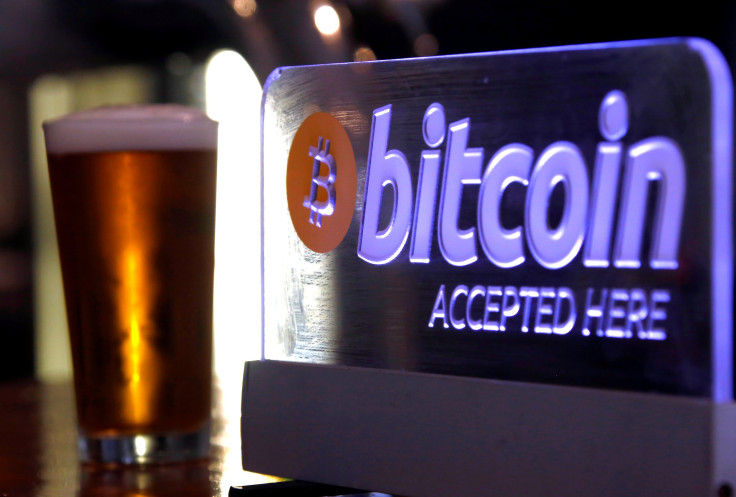From Online Payments To Bitcoin: The Evolution Of Cryptocurrency

From paper currency to credit cards to the newest trend — cryptocurrency, the way we transact has changed overtime. One major factor in this and the most common cryptocurrency is Bitcoin. Introduced as a peer-to-peer electronic cash system in 2008, Bitcoin has evolved from being just a niche method of maintaining liquidity to being mainstreamed as an investment opportunity.
Read: Bitcoin Prices Surge, Here's Why Cryptocurrency Is Skyrocketing
Bitcoin isn’t an electronic denomination of the money in your account, it is currency in itself. Trading a Bitcoin for money is like trading a dollar for a pound. In fact, it is currently the most volatile currency in the world with sharp changes in value every day. Yet, it represents an exciting investment opportunity — Bitcoin prices recently skyrocketed and surged past $1,800, which is way more than $0.008 introductory price. It also means that someone who invested in a single Bitcoin in 2008, might end up making more money than someone who invested in a single share in the world’s most valued company, Apple in 2002.
Bitcoin started in 2008 when Neal Kin, Vladimir Oksman and Charles Bry, its founders filed a patent for an encrypted currency. They described it as a “system for electronic transactions without relying on trust.” They also registered the Bitcoin.org domain anonymously.
The idea has been attributed to Satoshi Nakamoto, although who this name belongs to is disputed. A white paper was published under this name, revealing the idea of a peer-to-peer currency. Then, the first block of Bitcoin was published and the first transaction took place between Satoshi and Hal Finey, a developer who later became a cryptography activist.
As the cryptocurrency grew in popularity, parity with traditional currency was established. One Dollar was equated to $1,309 Bitcoins in October 2009, factoring in the cost of electricity used to run the computer that created Bitcoin.
In February 2010, the first Bitcoin market was established – Dwdollar, which is now defunct.
Bitcoin had its own hiccups in coming to the stage it is at now. In August 2010, Bitcoin was hacked and 184 billion Bitcoins were generated. It was even suggested by some government agencies that Bitcoin could be used for illegal activities and even to fund terrorism.
The cryptocurrency bounced back the same year and the cumulative value of global Bitcoins reached $1 million in November 2010.
In February 2011, Bitcoin reached parity with the U.S. dollar i.e. now one Bitcoin was worth one dollar. From here on, Bitcoin just started massively rising in value, reaching $31 by June 2011.
In March 2013, Bitcoin market capitalization reached $1 billion. The same month, whatever official recognition was lacking, was issued by the U.S. Financial Crimes enforcement network, which issued a guidance report for administering, exchanging and using virtual currency.
Bitcoin has offered an alternative way of transacting, free from government control. It is a currency you hold online and there is no card and no physical indicator of this currency. It is paving way for a future cashless society. It gained legal recognition in Japan starting April 1, this year, which means that the currency could in the future gain global recognition as more countries adapt it.
Read: Bitcoin Price At Another All-Time High, Crosses $1,750 Driven By Heavy Demand
It might be nowhere near to any traditional global currency in valuation or recognition, but the rise and rise of Bitcoin has illustrated the possibility of a future, where the experience of having money might be way different from what it is now.
© Copyright IBTimes 2025. All rights reserved.



















